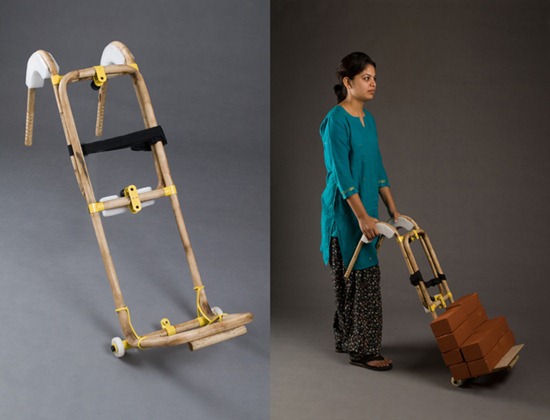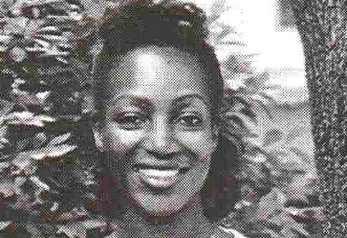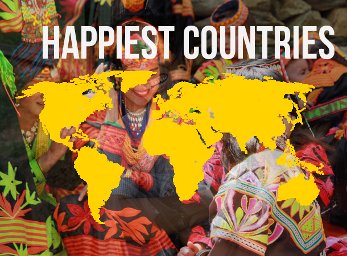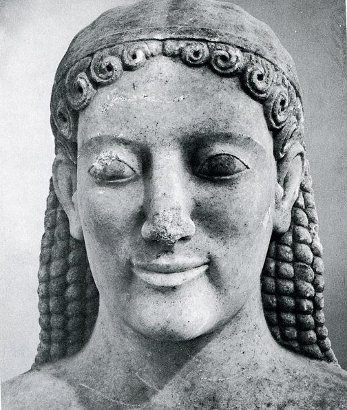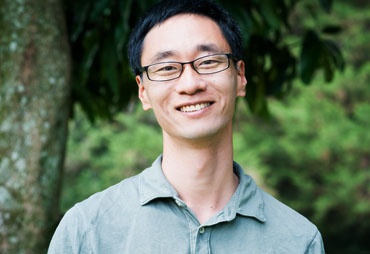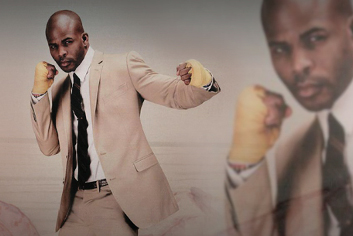According to David Green, much of the world’s problems are due to a human artifice that creates economic paradigms favoring the concentration of wealth into the hands of the few. He therefore addresses the pricing disparity that exists and works to put basic human needs like sight and hearing into the realm of affordability. Global efforts to make medical technology and healthcare services sustainable, affordable and accessible to all, particularly to the poorer two-thirds of humanity are desperately needed. David Green developed an economic paradigm that he calls humanized capitalism, which would make these healthcare products and services available and affordable to the poor. This paradigm uses production capacity and surplus revenue to serve all economic strata, rich and poor, in a way that is both financially self-sustaining for the company, and affordable to all members of society. In 1992 Green directed the establishment of Aurolab, a not-for-profit manufacturing facility in India. Aurolab is one of the world’s largest manufacturers of intraocular lenses, which are surgically implanted in the eye to replace the cloudy lens during cataract surgery. In developing countries, Aurolab sells lenses for two to four US dollars (compared to 150 US dollars in the developed world); a price that helps countless patients that otherwise could never afford such treatment to preserve their sight and ability to work. Green also established the production of a wound closure product at Aurolab.
Green helped develop high-volume, quality eye-care programs that are affordable to the poor and self-sustainable, independent from user fees. Green replicated this cost recovery model in several other countries, and has assisted other institutions in providing sustainability planning services and training. Collaborating with several institutions, he helped create an ‘Eye Fund’ that provides fifteen million US dollars in affordable loan financing for sustainable eye care programs and a related 1.5 million US dollar capacity-building grant. At the same time, he works with the Pacific Vision Foundation to develop an eye hospital serving northern California where revenues from insured patients would cover costs for the uninsured, and collaborates with Grameen Health in Bangladesh to develop eye hospitals. Finally, he developed the social enterprise company, Quantum Catch, to develop affordable retinal imaging for eye disease detection and monitoring, and a non-invasive method for monitoring glucose levels for diabetics. Recently, he has focused on making good hearing affordable and accessible as a co-founder of Conversion Sound, which developed an affordable high-quality digital hearing device. This features a novel way for hearing devices to be fitted by non-medical technicians or directly by the consumer.
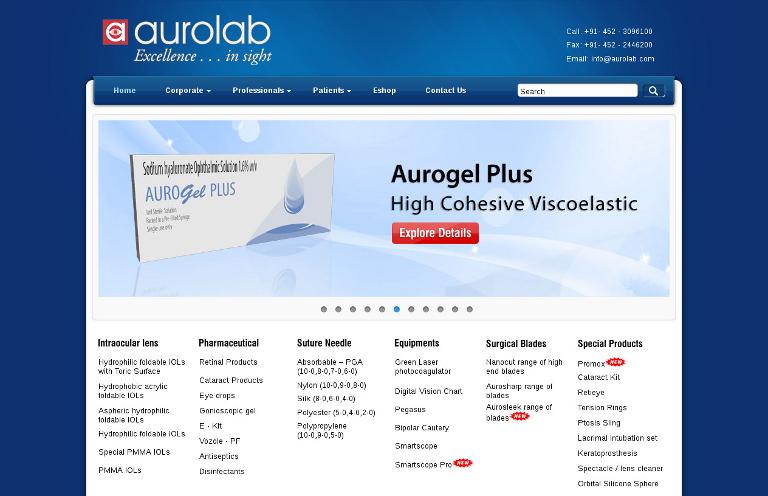 Web site: http://www.aurolab.com/
Web site: http://www.aurolab.com/


